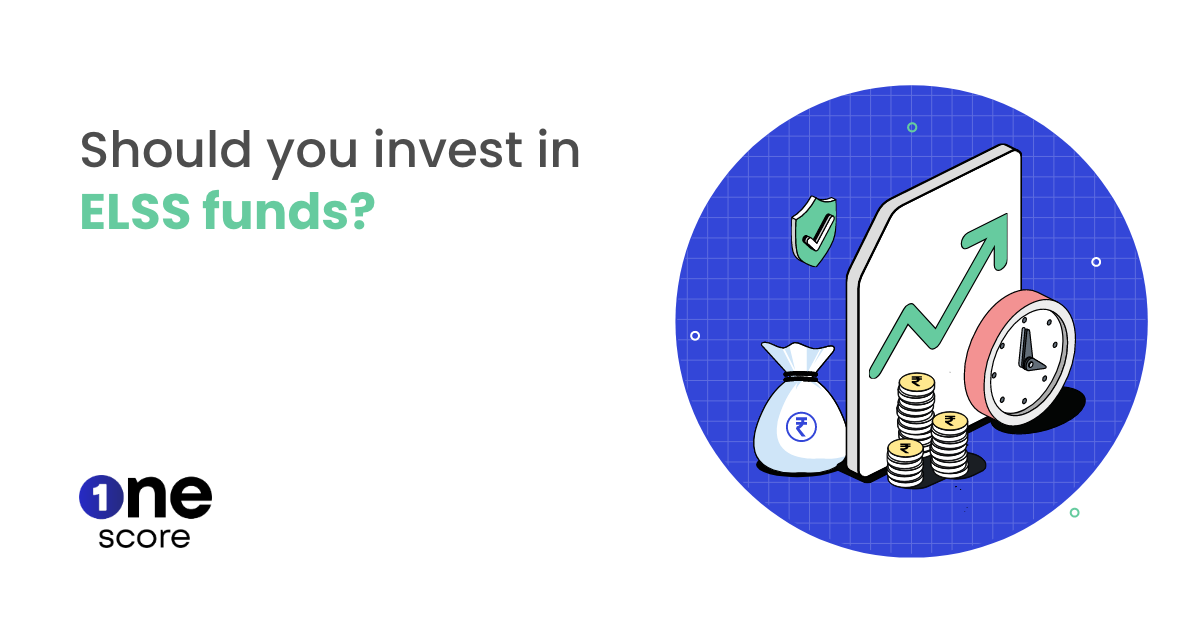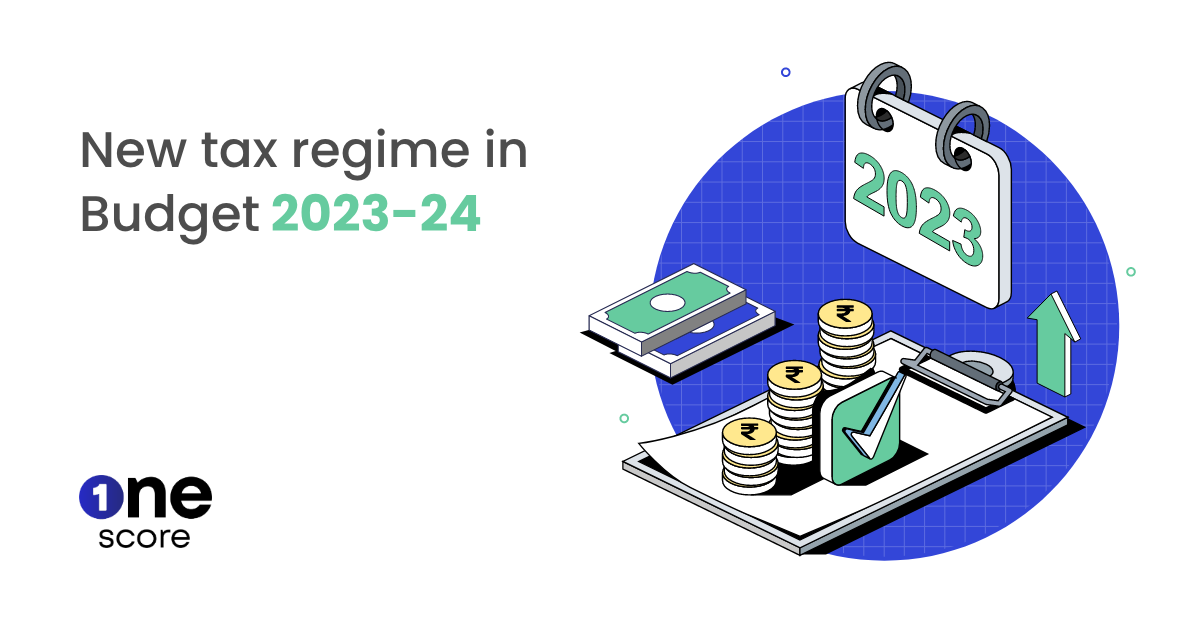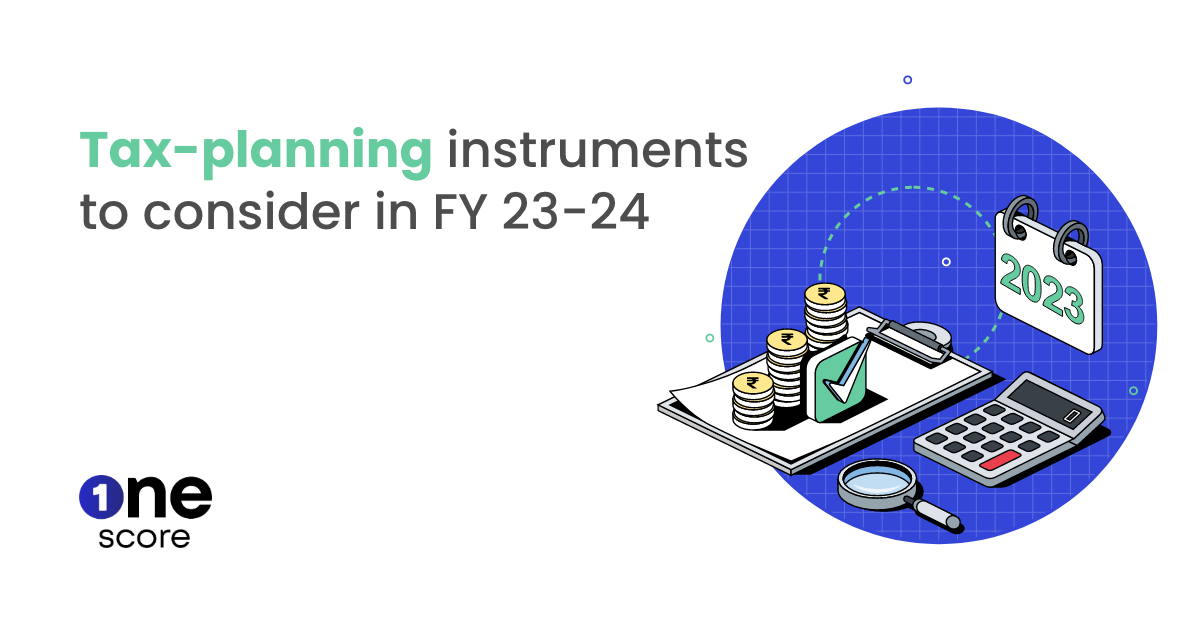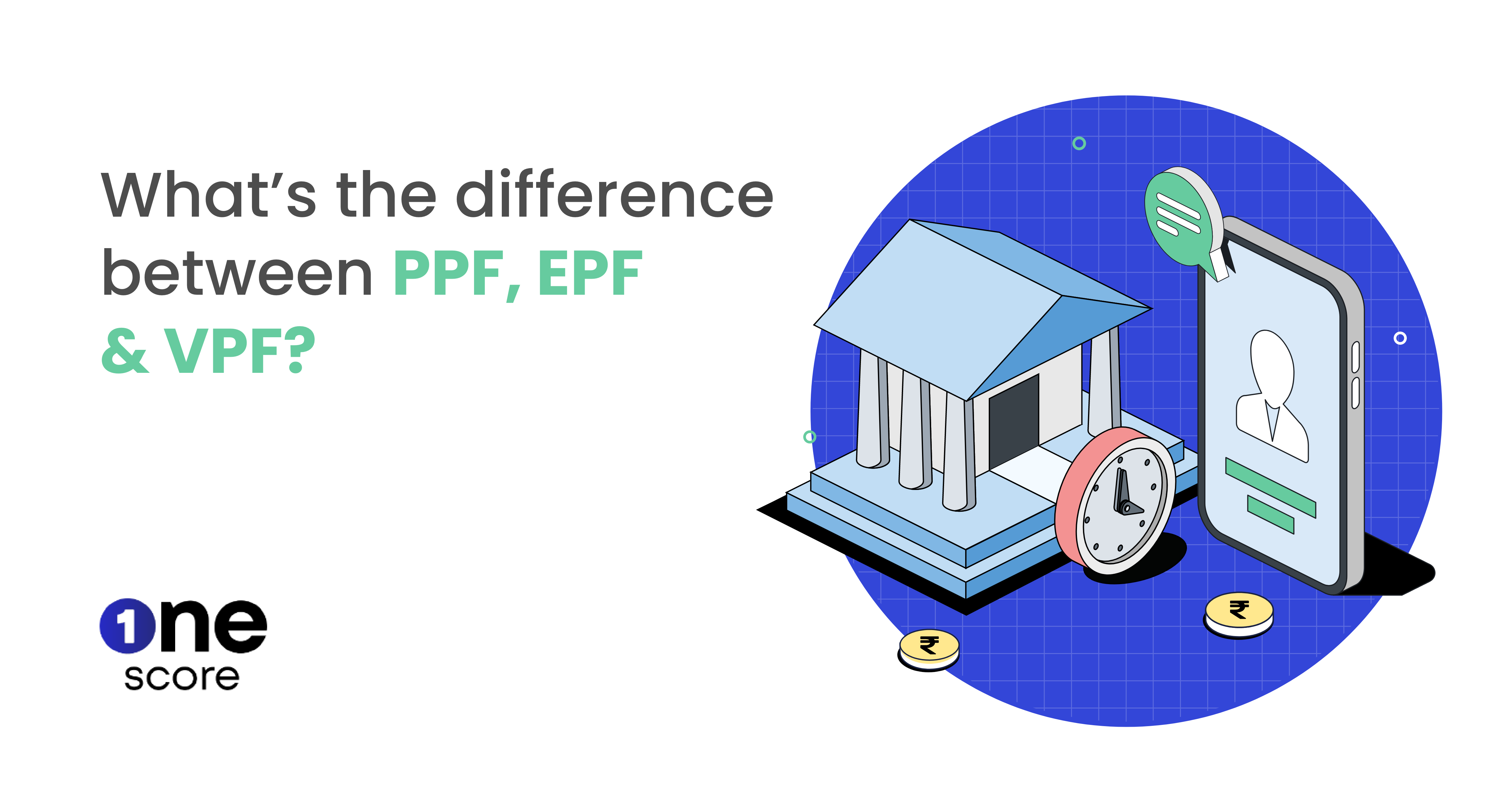Investing in ELSS? Here’s everything you need to know.
Did you know? According to AMFI, Mutual Fund industry Assets Under Management in ELSS have been growing at a compounded annual growth rate (CAGR) of more than 20%. Here's everything you need to about ELSS.

Listen to the article here:
ELSS (Equity-Linked Saving Scheme) is a type of mutual fund scheme that invests in equity and equity related instruments. It’s the only category of mutual funds that qualifies for tax deductions.
Everything you need to know about ELSS:
1. Dual benefits of tax-saving & wealth-building:
One of the reasons for its growing popularity is its dual benefits of tax savings and potential wealth creation over long investment horizons. Under Section 80C of the Income Tax Act of 1961, you can avail of tax deductions of up to Rs 1,50,000 annually on ELSS mutual funds.
2. Shortest lock-in:
ELSS has lock-in period of only three years. Tax-saving fixed deposits have a five-year lock-in period whereas PPF has a 15-year maturity. Overall, ELSS offers more liquidity and potentially higher returns than most saving schemes. There is no maximum tenure of investment. You can either redeem the amount after 3 years or continue to stay invested to reap long-term returns.
3. No fixed returns:
Other 80C investment options such as PPF or FD have fixed returns. But ELSS are market-linked investments and hence the returns are not guaranteed.
4. Flexible Investing:
You can invest in ELSS with a lumpsum or through SIPs. Systematic Investment Plan (SIP) allows investors to invest a fixed amount at regular intervals, say weekly, monthly or quarterly. One can have SIPs as low as Rs.500. This inculcates the habit of regular savings and provides with the benefit of rupee cost averaging.
5. Diversification:
ELSS invests in a diversified portfolio of stocks, which can help reduce the risk of concentrated exposure to a single stock or sector.
6. Post-tax returns:
Long Term Capital Gains (LTCG) on ELSS are tax-free up to ₹1 lac. Gains over 1 lac are taxed at 10%.
It’s important to note that ELSS comes with market risk, and the returns may not be guaranteed. It’s important to invest based on your financial goals, risk tolerance, and investment horizon. It’s also advisable to consult with a financial advisor before making any investment decisions.
To ace credit management and stay informed on all things personal finance, download OneScore
**Disclaimer: The information provided on this webpage does not, and is not intended to, constitute any kind of advice; instead, all the information available here is for general informational purposes only. FPL Consumer Services Private Limited and the author shall not be responsible for any direct/indirect/damages/loss incurred by the reader in making any decision based on the contents and information. Please consult your advisor before making any decision.




- OneScore , February 20, 2023

